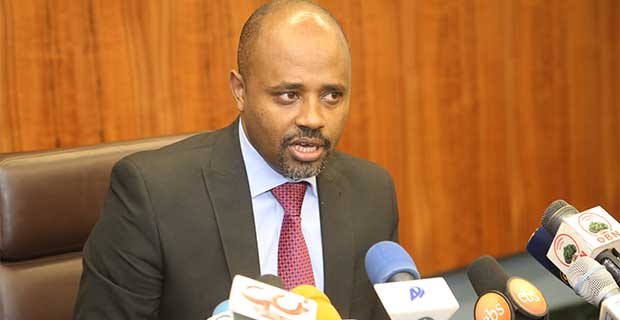
Fortune News | Feb 08,2020
Sep 27 , 2020
By MAYA MISIKIR ( FORTUNE STAFF WRITER )
The federal agency in charge of regulating the higher education sector is set to undergo a major overhaul by restructuring itself to directly report to the parliament or the Office of the Prime Minister. The reform will also transform the agency into either an authority or a commission.
Initiated by Samuel Urkato (PhD), the new minister of Science & Higher Education, the restructuring of the Higher Education & Relevance Quality Agency is expected to bestow it with autonomy and strengthen its regulatory mandate. The reform is targeted to sort out its operational and regulatory conflation. To accommodate the new changes, the Agency has started discussions and pre-assessment to amend its establishment proclamation that was issued 17 years ago and was amended last year.
With the new reform, the Agency, which is mandated to oversee the learning-teaching process and the research and community services of all higher education institutions, will have a presence across five regional states in the country. The restructuring will increase its deputy directors from one to three and expand the Agency's budget and workforce.
The independence of the Agency should not be impaired, according to Andualem Admassie (PhD), director-general of the Agency, who stated that discussions began last week.
The Agency reports to the Ministry, which is also where all the public universities that it is expected to regulate also report, according to Andualem.
"This is a conflict of interest," he said. "While the Agency had the mandate to shut down institutions, there have been issues with interference," he said. "Institutions are being given protection where the Agency wants to act, in both private and public spheres."
In the past two years, the Agency has revoked the licenses of 24 campuses of various higher education institutions in the country, which has 260 private and 51 government higher education institutions.
The Agency wants to play a more proactive role in protecting the community, as shutting down institutions takes place after time and money have been wasted, according to the Director-General.
With the number of private institutions, campuses and programmes under each, a better system needs to be in place, according to the Director-General.
"There are millions of students enrolled, and the institutions are working with billions of Birr, which isn't properly systemised," he said.
Over 1.1 million students have been reported as currently enrolled under private higher learning institutions in the country, while their public counterparts have 900,000 students.
"The number reported by private institutions was half a million initially," said Andualem, "but we pressured them to divulge correct figures."
The current number is still debatable, according to the Director-General.
The Agency will also sort out its overlapping responsibilities. Currently, it provides licenses and renewals and audits the quality of publishing for higher education institutions. Additionally, it also authenticates documents, and while the first two are regulatory in nature, the latter is operational.
The Agency cannot be the accountant and the auditor simultaneously, according to Andualem, who added that the proposal for its restructuring is being undertaken internally based on different recommended studies from international organisations like USAID.
As private education institutions are mostly business-oriented, it is important that the Agency is taking steps to become more autonomous in its regulatory role, according to Tirussew Teferra (Prof.), a lecturer at Addis Abeba University's College of Education & Behavioural Studies for four decades.
"There are instances where private institutions are opening up without staff," he said. "They just use the profile of other institutions."
However, there needs to be more than regulation for the growth of quality, according to Tirussew.
"Higher education institutions need to be more competitive," he said. "There should also be more focus given to making higher education institutions centres of excellence."
Tirussew cited the example of the University of Haramaya as potentially being one for agriculture. He also recommended that the work toward quality start at an early stage in the learning-teaching process, as this can produce students that can teach themselves.
PUBLISHED ON
Sep 27,2020 [ VOL
21 , NO
1065]

Fortune News | Feb 08,2020

Fortune News | Feb 12,2022

Fortune News | Sep 11,2020
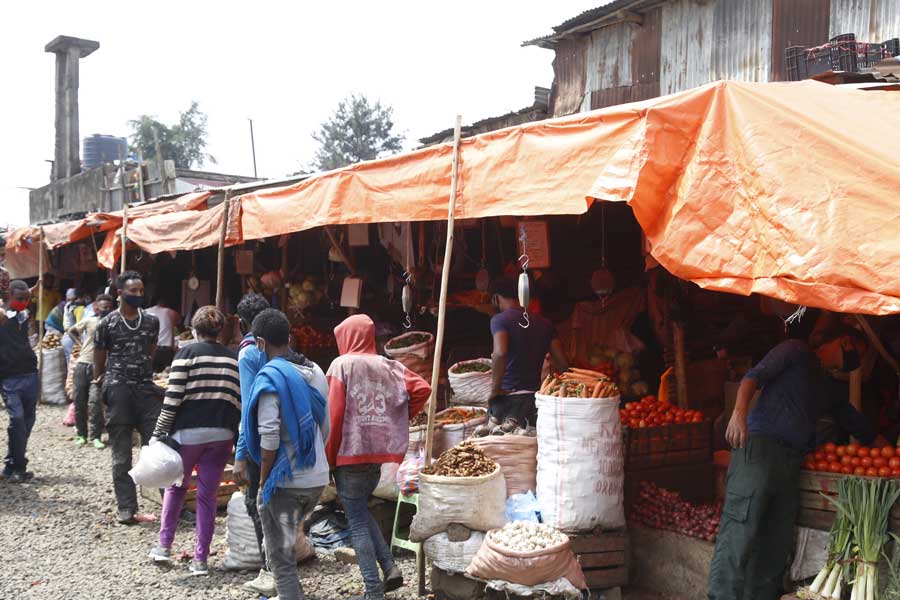
Fortune News | Aug 08,2020

Radar | Aug 10,2019
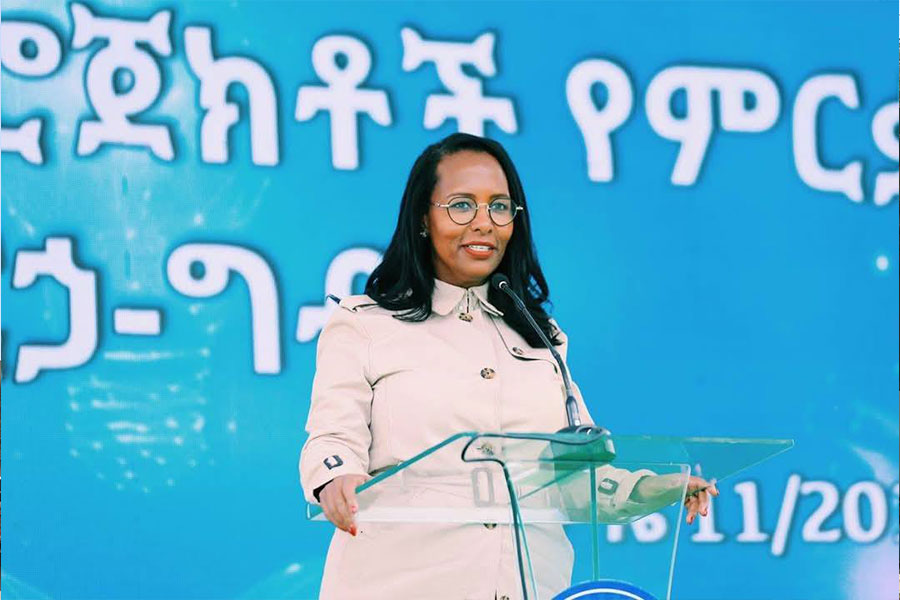
Radar | Jul 20,2025

Radar | Apr 27,2025
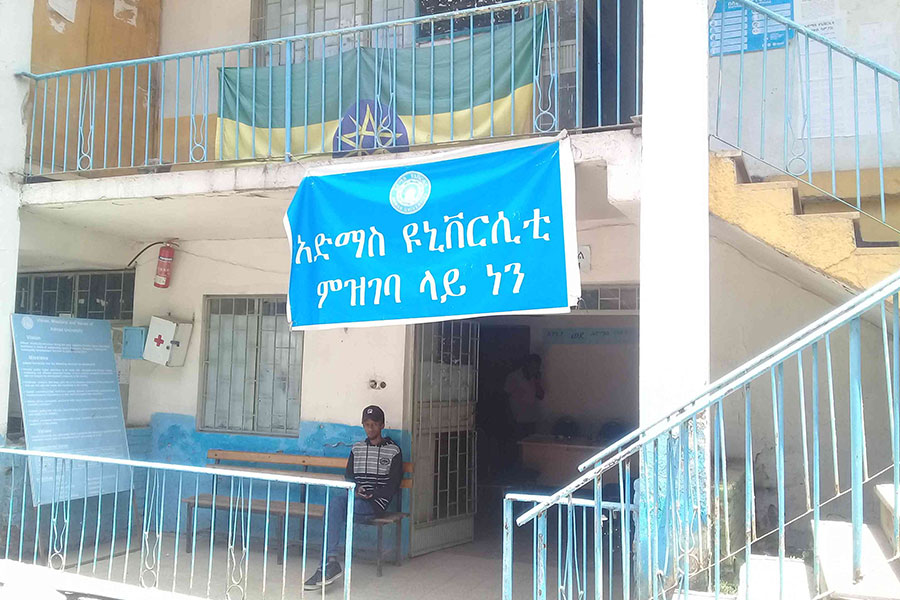
Agenda | May 21,2022

Agenda | Apr 28,2024
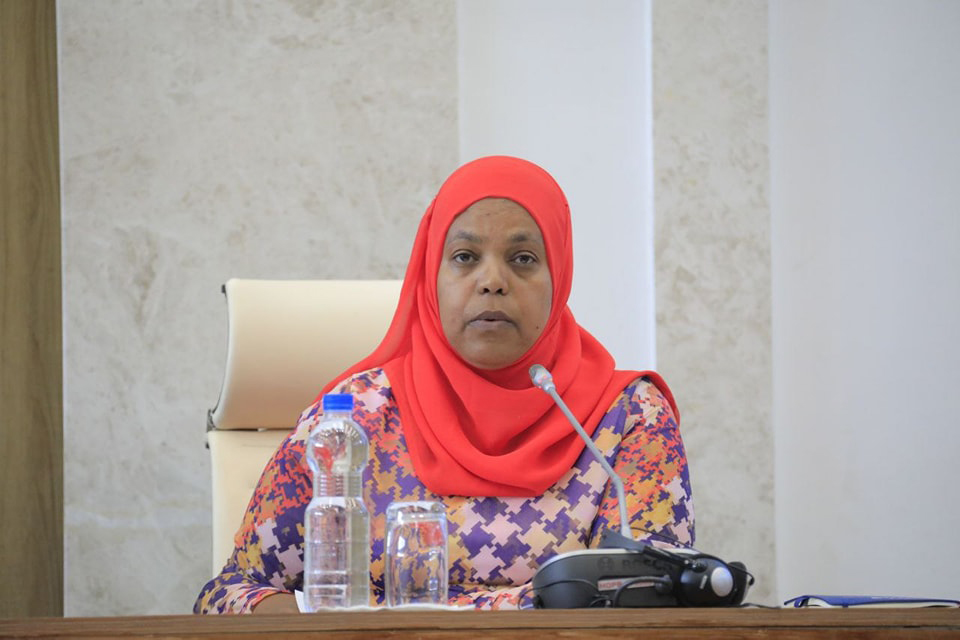
Fortune News | Apr 21,2025

Dec 22 , 2024 . By TIZITA SHEWAFERAW
Charged with transforming colossal state-owned enterprises into modern and competitiv...

Aug 18 , 2024 . By AKSAH ITALO
Although predictable Yonas Zerihun's job in the ride-hailing service is not immune to...

Jul 28 , 2024 . By TIZITA SHEWAFERAW
Unhabitual, perhaps too many, Samuel Gebreyohannes, 38, used to occasionally enjoy a couple of beers at breakfast. However, he recently swit...

Jul 13 , 2024 . By AKSAH ITALO
Investors who rely on tractors, trucks, and field vehicles for commuting, transporting commodities, and f...

Sep 13 , 2025
At its launch in Nairobi two years ago, the Africa Climate Summit was billed as the f...

Sep 6 , 2025
The dawn of a new year is more than a simple turning of the calendar. It is a moment...

Aug 30 , 2025
For Germans, Otto von Bismarck is first remembered as the architect of a unified nati...

Aug 23 , 2025
Banks have a new obsession. After decades chasing deposits and, more recently, digita...